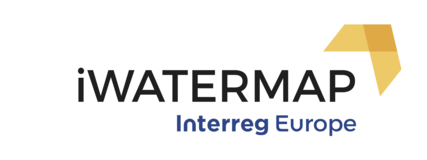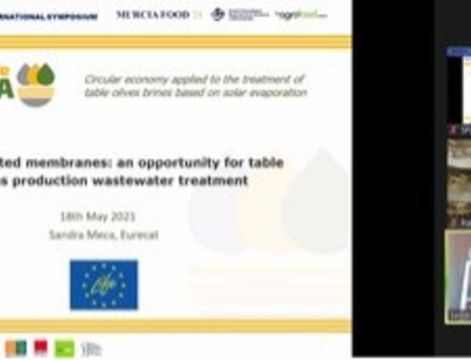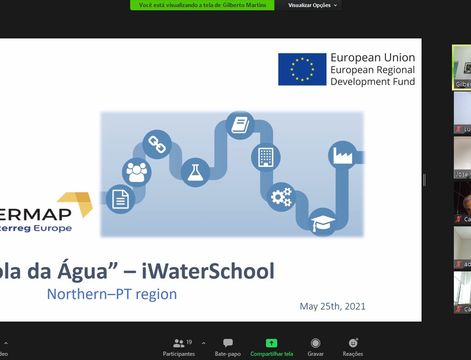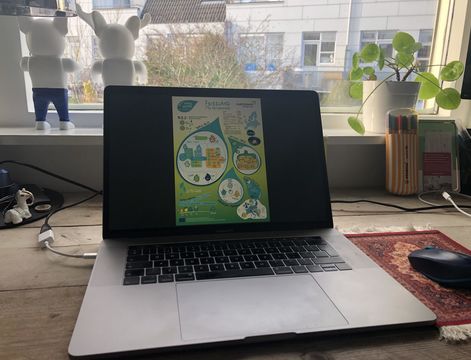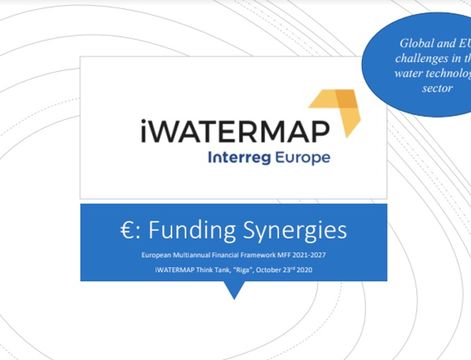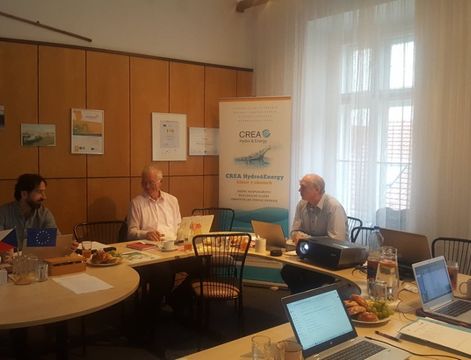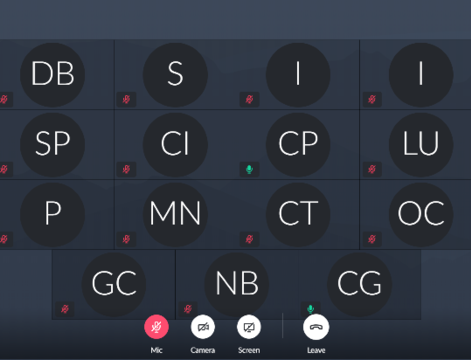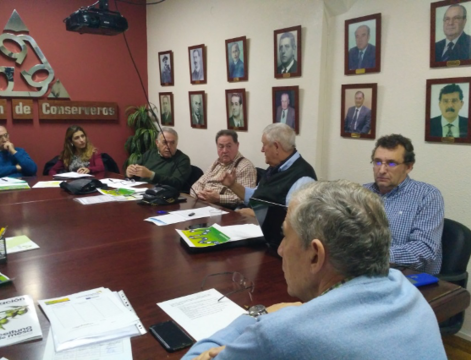Together influence the (EU) water technology policy
The Province of Fryslân and Wetsus are joining forces to influence European policy. They do this within the European iWATERMAP project, which focuses on supporting innovation policy in the water technology sector, and helps to increase the critical mass of innovation ecosystems in partner regions in this sector. Both parties take the first step by organizing stakeholder meetings.
Opportunities for companies
The European Commission is developing specific tools to support companies in (1) the development of new technologies and applications, (2) connecting with end users and (3) introducing new technology in other markets. WaterCampus Leeuwarden and the province of Fryslân work together in the Water Smart Territories domain, and in particular within the circular economy dimension. Other European regions have also joined this initiative, such as: Aragon (SP), Center (FR), Scotland (UK), Oulu (FI). Other regions are also expected, including the iWATERMAP partner regions.
Water technology suppliers can come into contact with end users in this way. In the next European Commission program, a budget is earmarked to support SMEs in this interregional cooperation. This creates new opportunities for the water technology business community. During the AquaTech 2019 in November 2019, SMEs and end users from other regions will be invited to a meeting with the business community. During this meeting, matchmaking is facilitated between suppliers and end users.
Opportunities within a transition region
During the second stakeholder meeting, ERAC was invited to inform Wetsus and the province of Fryslân about the new European structural funds for the period 2021-2027. In the following EU regional support program, the province of Fryslân, as well as Drenthe and Flevoland, fall within the criteria that apply to a transition region.
These three provinces are lagging behind economically in the rest of the Netherlands. Transition regions could be supported in a special way to address specific problems in their regional development. During this meeting it was explored what caused the relative backlog and how the province's innovation capacity and attractiveness could be further stimulated. Research by ERAC has shown that the provinces of Flevoland, Fryslân and Drenthe find the European pots considerably less often. One of the conclusions is that university cities in particular occupy a high position in the list of grant recipients
The recently published report from the Netherlands Environmental Assessment Agency “The Economic Cohesion between Regions in the Netherlands” clearly shows that regional investments to strengthen the economically weaker regions do fall into the economically stronger regions and to a much lesser extent vice versa.
The expected triple-down effect hardly ever takes place. On the other hand, the strong regions do benefit from investments in the weaker regions (the so-called triple up effects). The report calls for more emphasis on the specific needs of the less strong regions. This report fits in well with the opportunities that a trans-region can offer, namely: more commitment to specific policy and appropriate financial instruments that help to connect with the stronger regions, among other things by making maximum use of the regional smart specialization strategy . The WaterCampus Leeuwarden could be further expanded into a growth engine for not only the Frisian, but also for the national economy.
Wetsus and WaterCampus Leeuwarden are active nationally, European and globally to increase the impact of water technology. A circular economy, more prosperity and a sustainable planet can go hand in hand. Breakthrough technology is one of the keys for this future. iWATERMAP is one of the projects that contributes to this. Specific action plans are drawn up by different European regions to further elaborate and resolve certain challenges. The key point here is bringing together many stakeholders, both solution providers and problem owners. The universities, companies and governments are looking for alignment with existing policy, as well as providing input for new and even better policy.
